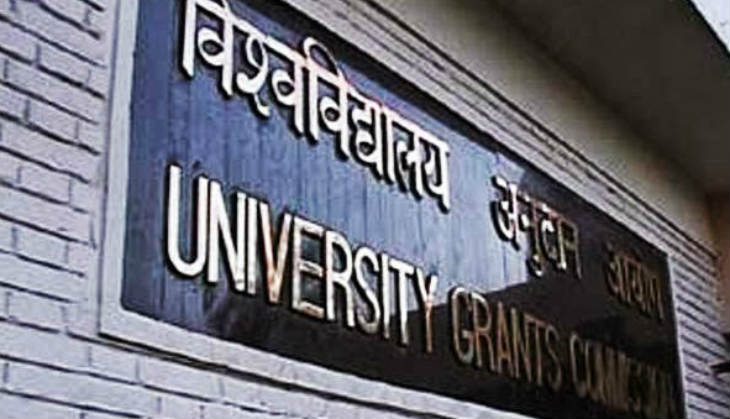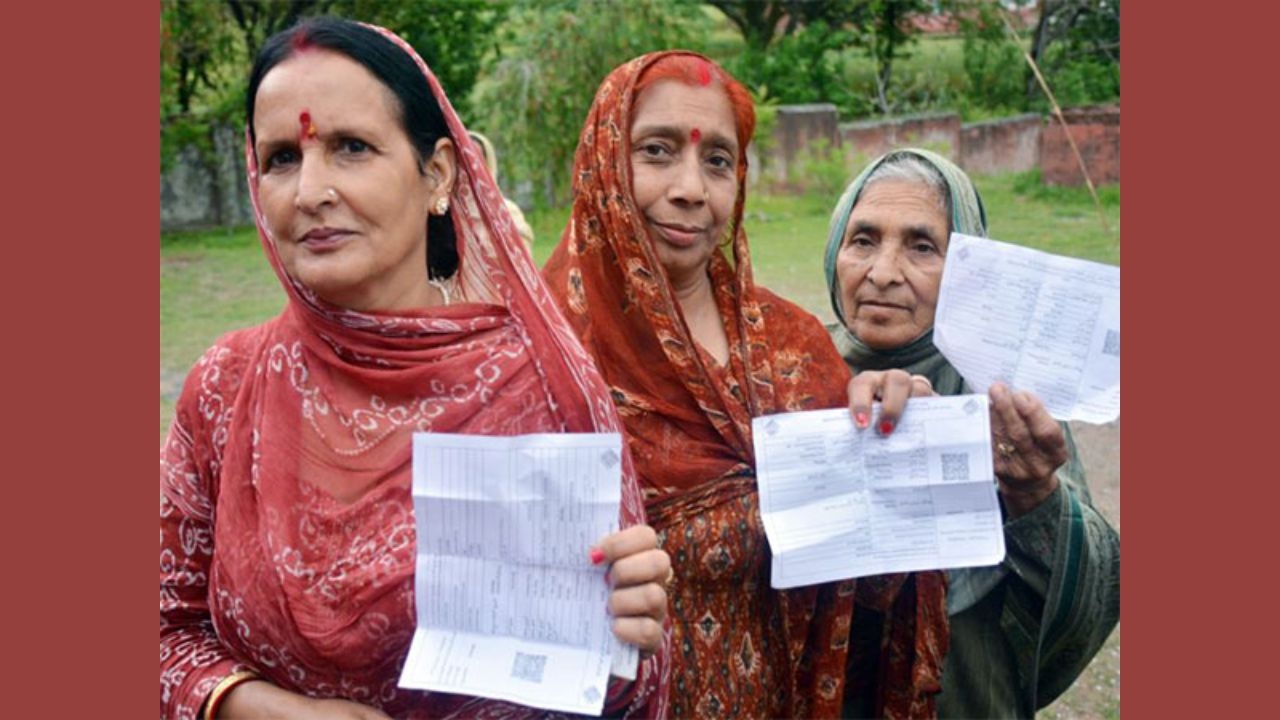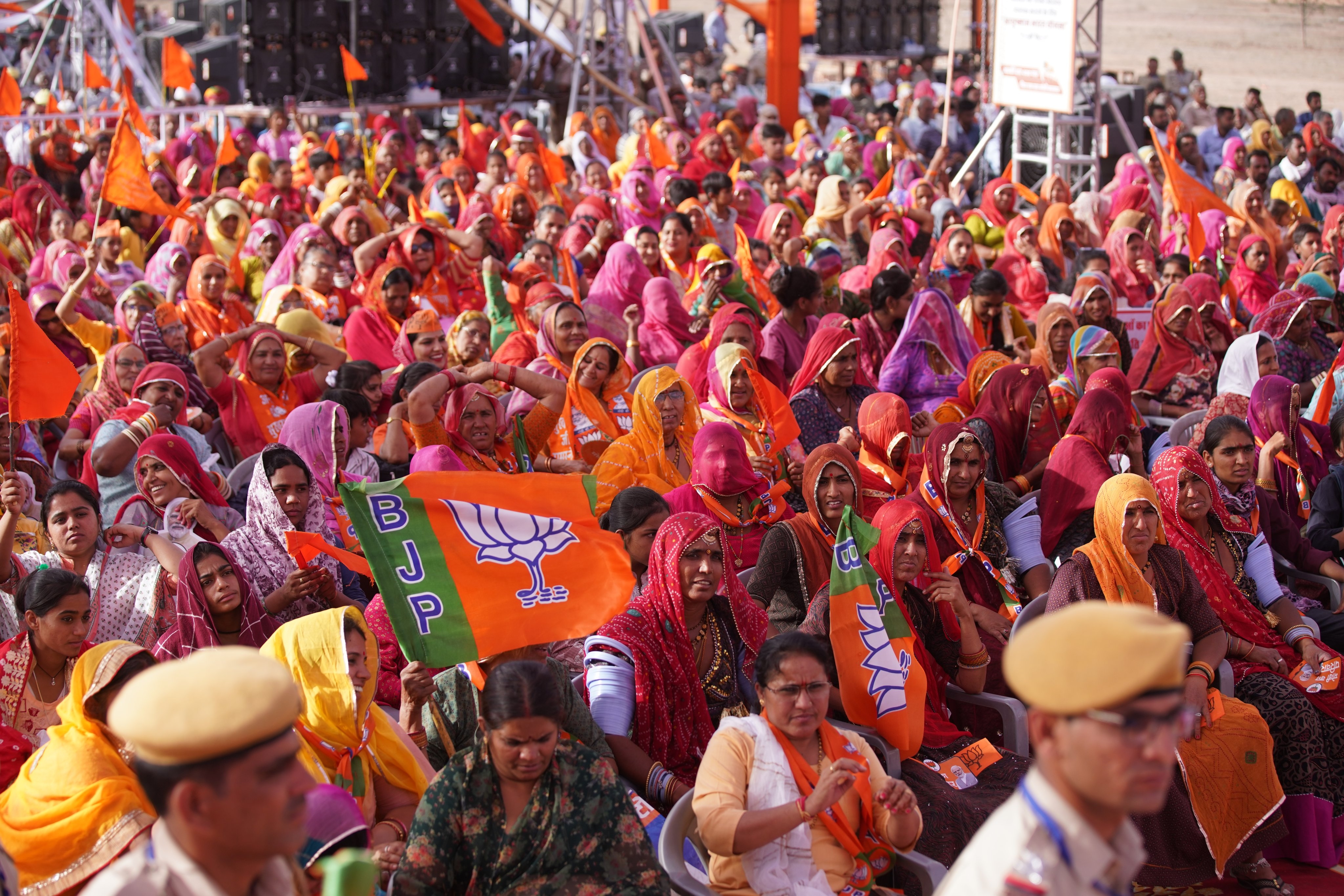
The Ministry of Human Resource Development and the University Grants Commission (UGC) has made several amendments to the current regulations of Deemed to be Universities (DTBU) and Deemed universities.
Going forward, universities will be by UGC Regulations 2016, which governed by the following factors:
1. For DTBU, the concept of Letter of Intent (LOI) has been introduced. After receiving LOI, the applicant will be able to set up the institute and commence functioning within three years of issue of LOI.
2. Subjectivity has been removed for DTBU. Previous regulations had 'subjective terms which could be interpreted in different ways'.
3. Instead of land requirement in DTBU, built-up area has been specified. UGC has done away with previous land requirement regulation, which stated campuses need to have 10 acres land, 7 acres land and 5 acres land.
- Now, campuses need to have 40% open area.
- MHRD also specified that administrative building should have 15000 square meter. A floor per student area has been introduced. Institutes should have 10 square meter per student.
4. Infrastructure requirement and parameters for off campus has been defined.
- Universities need to fulfill the above two criteria (3 & 4).
- The present grading need to be NAAC 'A' and should have a NAAC 'A' in the immediately preceding cycle.
- Deemed Universities can open campuses only after five years of existence.
5. To ensure quality, deemed to be universities need obtain NAAC A grading for three consecutive cycles. ORTo ensure quality, Highest NAAC/NBA category at the time of application, and in the immediately previous NAAC/NBA cycle, and should be in top 20 NIRF ranking at the time of application and in immediately previous two years.
6. Institutions given the status of DTBU shall be provisional for first five years and shall be confirmed thereafter on the report of UGC review committee.
7. Every institution and DTBU need to have the following special provisions as per UGC norms:
- Anti-Ragging Cell
- Anti-Discrimination Cell
- Gender Sensitisation Cell
- Internal Complaints Committee for prevention of Sexual Harrasment
- Barrier-free access for specially abled students in all places
8. Deemed Universities shall be allowed to take credits earned from other institutions under Choice Based Credit System as per the norms of the UGC.
9. DTBU must review syllabus every three years, updating the course along with the developments in the domain of knowledge.
10. Provision of Vice-Chancellor has been introduced, in case of irregular appointment or committing any financial/administrative impropriety.
These announcements were made by Vinay Sheel Oberoi, Secretary, Higher Education and UGC Chairman Ved Prakash while addressing a press conference on changes being made by UGC in the Regulatory Framework of Higher Education.
The speakers also said, going forth, Government interference will be reduced. "Government will have nominee on only those DTBU which is controlled by Government or has more than or equal to 50% funding. For other DTBU, UGC will provide the nominee from a panel of names made by a seach committee," said Oberoi.
The framework particularly stressed on quality. "The idea behind this framework is to introduce more transparency, accountability and quality," added the Higher education secretary.
Currently, there are 123 DTBU in the country. Out these, 35 are controlled by government and 88 privately managed.








![BJP's Kapil Mishra recreates Shankar Mahadevan’s ‘Breathless’ song to highlight Delhi pollution [WATCH] BJP's Kapil Mishra recreates Shankar Mahadevan’s ‘Breathless’ song to highlight Delhi pollution [WATCH]](http://images.catchnews.com/upload/2022/11/03/kapil-mishra_240884_300x172.png)

![Anupam Kher shares pictures of his toned body on 67th birthday [MUST SEE] Anupam Kher shares pictures of his toned body on 67th birthday [MUST SEE]](http://images.catchnews.com/upload/2022/03/07/Anupam_kher_231145_300x172.jpg)






